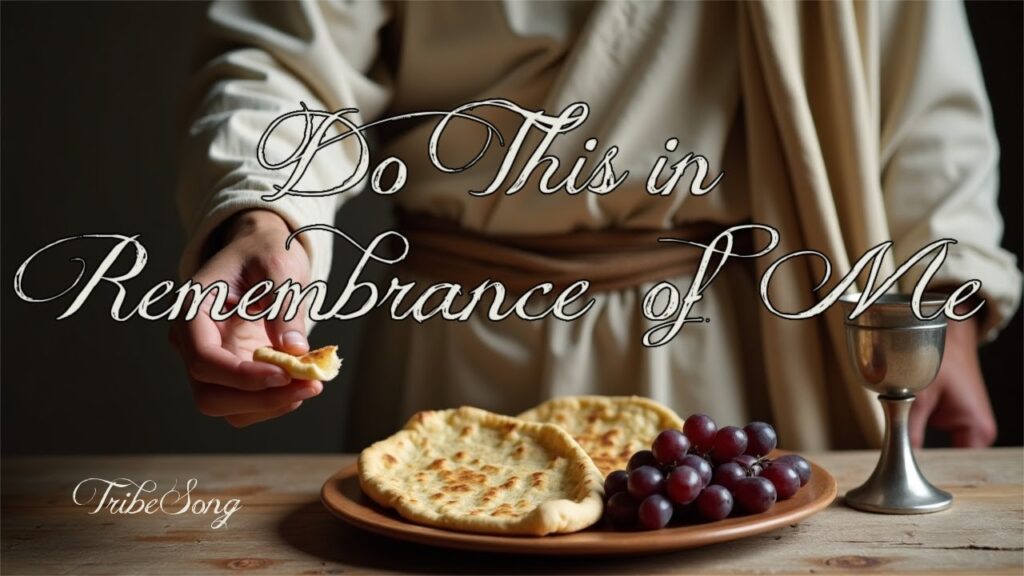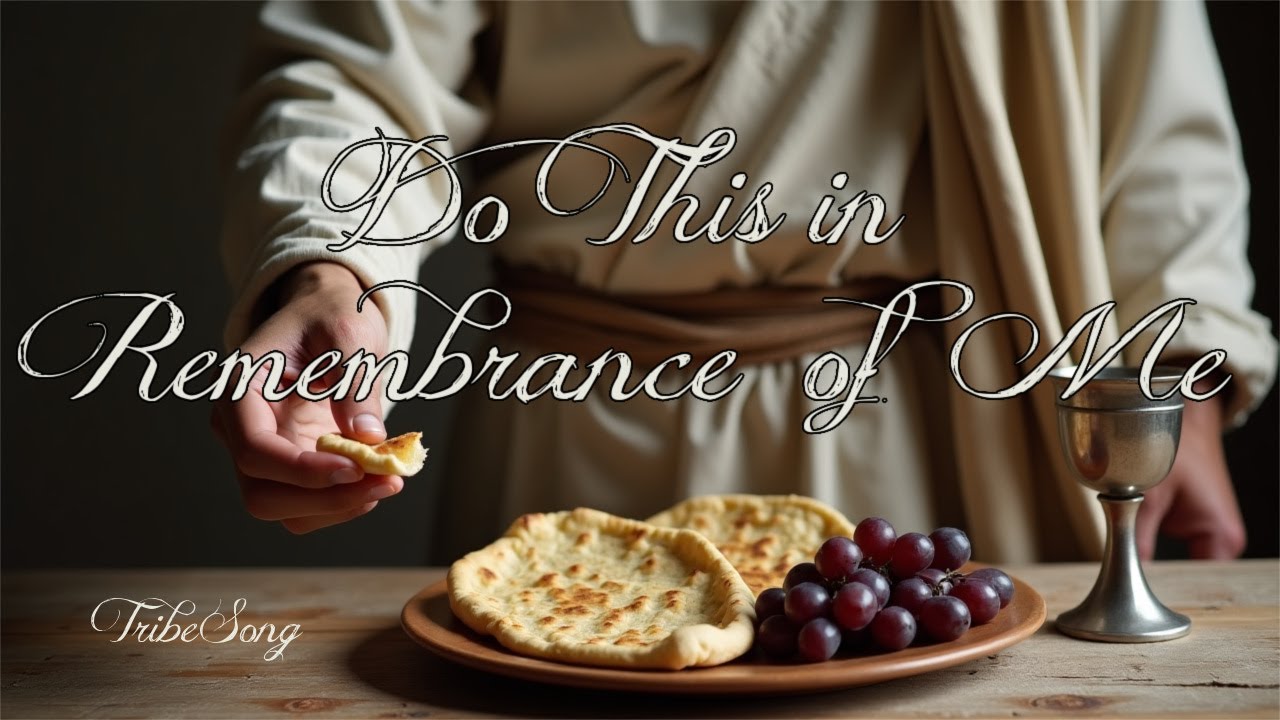
Do Me the Honor: Understanding the Nuances of a Formal Request
The phrase “do me the honor” is a classic expression, steeped in tradition and conveying a deep sense of respect. It’s a formal way of requesting something, often implying that granting the request would be a significant privilege for the speaker. Understanding when and how to use this phrase effectively is crucial for maintaining a polished and professional demeanor. This article will delve into the meaning, history, appropriate usage, and alternatives to “do me the honor,” ensuring you can confidently navigate situations requiring a touch of formality.
The Meaning Behind “Do Me the Honor”
At its core, “do me the honor” signifies a request that goes beyond a simple favor. It suggests that the act of granting the request would be a source of pride and distinction for the person making it. It’s an appeal to the recipient’s sense of importance and their willingness to bestow a special kindness. The phrase implies a hierarchical relationship, or at least a perceived one, where the person requesting views the recipient as someone of influence, authority, or esteem. When someone says “do me the honor,” they are essentially conveying that the recipient’s participation or agreement is highly valued and would be deeply appreciated.
A Brief History of the Phrase
The phrase “do me the honor” has roots in historical social structures where formality and deference were paramount. It likely originated in aristocratic circles and gradually permeated other levels of society. The concept of “honor” itself has long been a cornerstone of social interaction, representing integrity, respect, and a commitment to upholding certain values. To ask someone to “do me the honor” was to acknowledge their position and their ability to uphold these values by granting the request. While societal norms have evolved, the phrase retains much of its original weight, signaling a level of respect and formality that transcends everyday conversation. Over time, “do me the honor” has become a recognized marker of politeness and high regard.
When to Use “Do Me the Honor”
The key to using “do me the honor” effectively lies in understanding the context and the relationship between the speaker and the recipient. It’s most appropriate in formal settings, such as weddings, graduations, award ceremonies, or business functions. Here are some specific scenarios where the phrase might be fitting:
- Formal Invitations: “We would be delighted if you would do us the honor of attending our wedding.”
- Requesting a Speech or Presentation: “We would be honored if you would do us the honor of delivering the keynote address at our conference.”
- Inviting Someone to a Special Event: “I would be deeply honored if you would do me the honor of being my guest at the gala.”
- Seeking Mentorship or Guidance: “I would be grateful if you would do me the honor of mentoring me in this endeavor.”
It’s important to avoid using “do me the honor” in casual situations or when addressing close friends or family members. In these contexts, it can sound overly formal and even pretentious. Consider your audience and the overall tone of the interaction before using this phrase. Using “do me the honor” appropriately shows awareness of social cues.
Situations Where “Do Me the Honor” Might Be Inappropriate
While “do me the honor” can be a powerful expression of respect, it’s not always the right choice. Overusing it can make you sound insincere or out of touch. Here are some situations where a different approach might be more suitable:
- Casual Conversations: Asking a friend to “do me the honor” of grabbing coffee together would sound awkward and unnatural.
- Requests from Subordinates: If you’re in a position of authority, using “do me the honor” to ask a subordinate to perform a task could be perceived as sarcastic or condescending.
- Situations Requiring Humility: If you’re seeking forgiveness or making amends, using “do me the honor” might seem self-important and insincere.
- Demanding Situations: When you are in a position to demand something, using “do me the honor” is not only inappropriate but can be seen as passive-aggressive.
Alternatives to “Do Me the Honor”
If you want to convey respect and formality without using the exact phrase “do me the honor,” there are several alternatives you can consider. The best choice will depend on the specific context and the nature of your request.
- “I would be grateful if…”: This is a versatile option that works well in both formal and semi-formal settings. For example, “I would be grateful if you would consider my application.”
- “I would appreciate it if…”: Similar to the above, this phrase expresses gratitude and respect. “I would appreciate it if you could review this document at your earliest convenience.”
- “It would be an honor if…”: This option directly acknowledges the recipient’s importance. “It would be an honor if you would accept our invitation to speak at the conference.”
- “We would be delighted if…”: This is a polite and inviting way to request someone’s presence or participation. “We would be delighted if you would join us for dinner.”
- “I would value your input on…”: This phrase is particularly useful when seeking advice or guidance. “I would value your input on this important decision.”
- “I would be thankful if…”: When expressing gratitude is paramount, using “I would be thankful if…” is appropriate.
Examples of Using “Do Me the Honor” in Different Contexts
To further illustrate the appropriate use of “do me the honor,” let’s look at some specific examples:
- Wedding Invitation: “Mr. and Mrs. Smith request the pleasure of your company to do them the honor of witnessing the marriage of their daughter, Emily, to John Doe.”
- Business Proposal: “We believe that our partnership would be mutually beneficial, and we would be honored if you would do us the honor of considering our proposal.”
- Award Ceremony: “We are pleased to announce that [Name] has been selected as the recipient of this year’s award, and we would be honored if they would do us the honor of accepting it in person.”
- Requesting a Favor from a Respected Colleague: “Dr. Ramirez, I’m facing a particularly challenging case. Would you do me the honor of consulting with me on it? Your expertise would be invaluable.”
In each of these examples, the phrase “do me the honor” adds a layer of formality and respect, highlighting the significance of the request and the recipient’s role in fulfilling it. To “do me the honor” is to grant a favor of great importance.
The Importance of Tone and Delivery
Even when using the right words, it’s crucial to pay attention to your tone and delivery. A sincere and respectful tone is essential for conveying the intended meaning of “do me the honor.” Avoid sounding sarcastic, demanding, or insincere. Maintain eye contact, speak clearly, and use appropriate body language to reinforce your message. Your nonverbal cues should align with the formality of the phrase, demonstrating genuine respect for the recipient and the significance of your request. When using “do me the honor,” your demeanor matters.
Cultural Considerations
It’s also important to be aware of cultural differences when using “do me the honor.” In some cultures, directness is valued, and overly formal language may be perceived as insincere or even offensive. In other cultures, formality and deference are highly valued, and using the phrase appropriately can demonstrate respect and build rapport. Research the cultural norms of your audience before using “do me the honor,” and be prepared to adapt your communication style accordingly. Sensitivity is key when deciding whether to “do me the honor.”
Conclusion
“Do me the honor” is a powerful phrase that can add a touch of elegance and formality to your communication. However, it’s essential to use it judiciously, considering the context, your relationship with the recipient, and cultural norms. By understanding the nuances of this phrase and its alternatives, you can confidently navigate situations requiring a high level of respect and professionalism. Remember to always prioritize sincerity and adapt your communication style to suit the specific situation. Utilizing “do me the honor” with care will show respect and understanding. When you “do me the honor,” you are bestowing a great kindness. Understanding the phrase “do me the honor” will elevate your communication skills. Make sure you understand when it is appropriate to ask someone to “do me the honor.”
[See also: Formal Communication Strategies]
[See also: Etiquette in Business Settings]
[See also: Building Professional Relationships]

